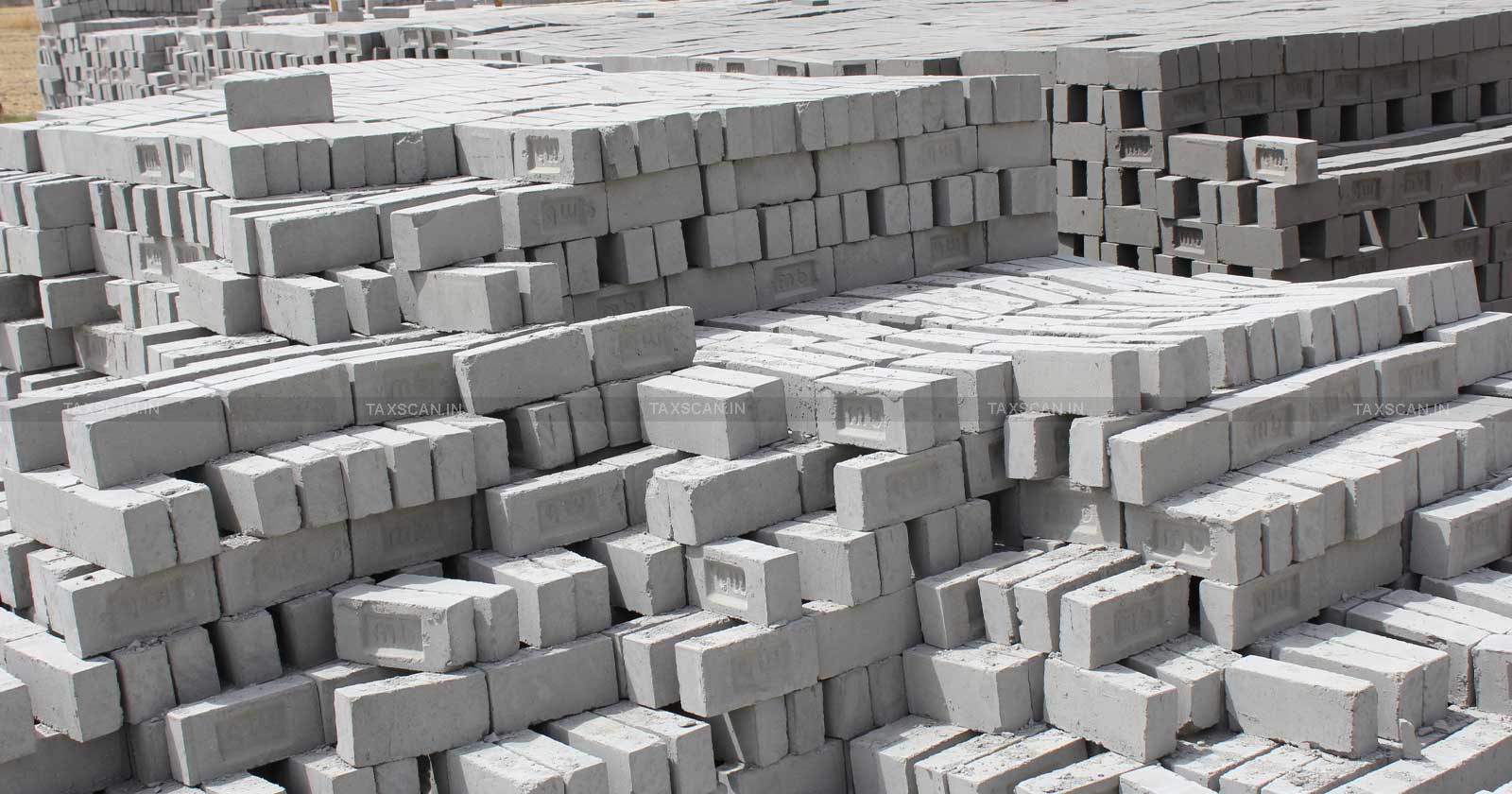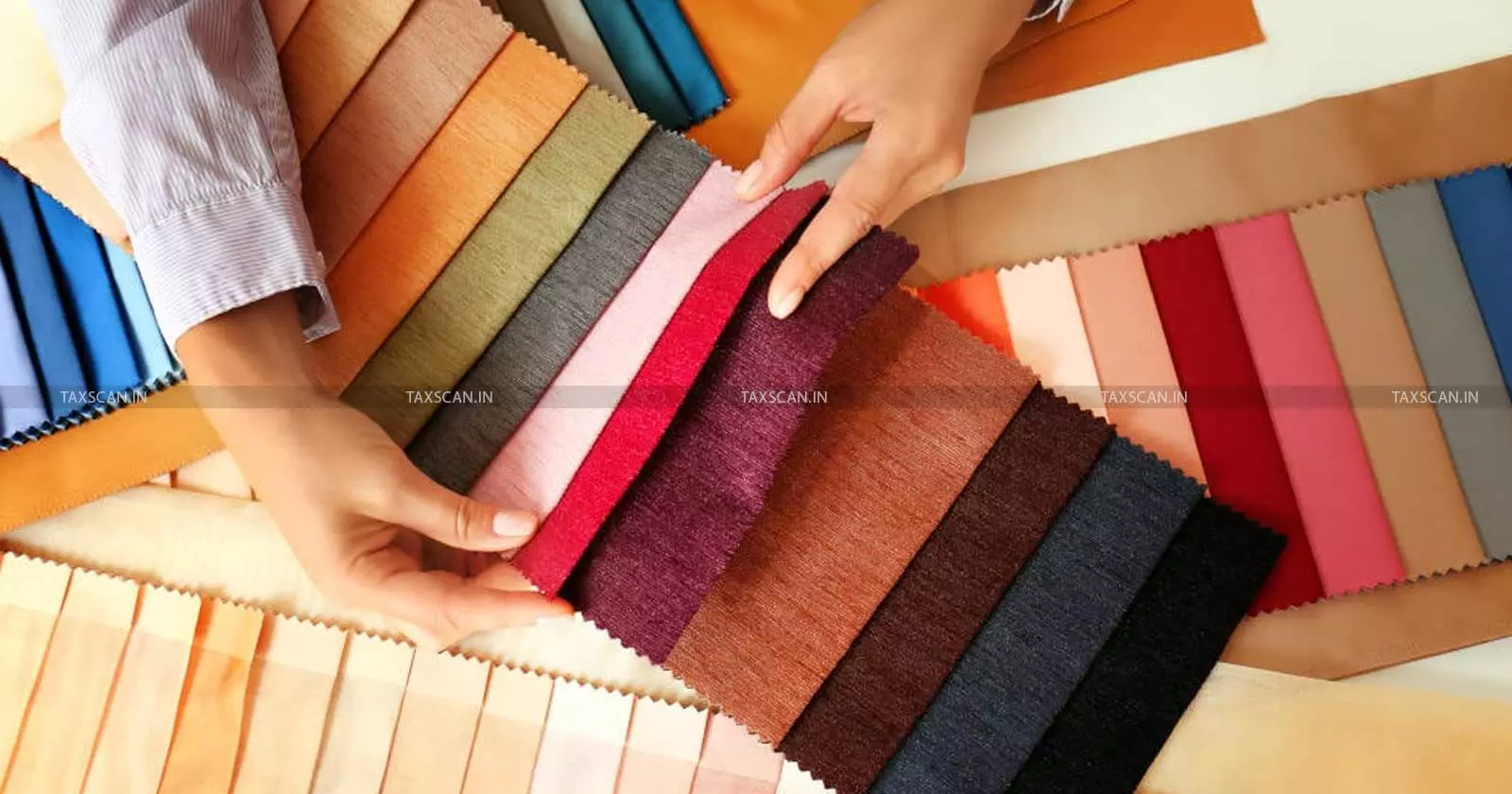Railway Locomotive Parts Classifies Under Chapter Heading 8607: CESTAT upholds Concessional Excise Duty [Read Order]
The Tribunal observed that the goods were designed solely for use in railway locomotives and lacked any independent marketability, thereby fulfilling the “sole or principal use” criteria.
![Railway Locomotive Parts Classifies Under Chapter Heading 8607: CESTAT upholds Concessional Excise Duty [Read Order] Railway Locomotive Parts Classifies Under Chapter Heading 8607: CESTAT upholds Concessional Excise Duty [Read Order]](https://images.taxscan.in/h-upload/2025/10/02/2093303-railway-locomotive-parts-taxscan.webp)
The Chennai bench of the Customs, Excise and Service Tax Appellate Tribunal (CESTAT), dismissed an appeal by the Department in an excise duty classification dispute, holding that locomotive parts manufactured by the assessee were rightly classifiable under Chapter Heading 8607 of the Central Excise Tariff Act, 1985, thereby affirming the concessional excise duty rate applicable to parts of railway locomotives.
The case arose out of an appeal filed by the Commissioner of GST and Central Excise, Coimbatore Commissionerate, against Order-in-Appeal No. 07/2023 dated 27.02.2023 passed by the Commissioner (Appeals) in favour of M/s. Craftsman Automation Ltd. (Unit-3).
The respondent company is engaged in the manufacture of fuel filter assemblies, water pump assemblies, cylinder head sub-assemblies, and cylinder liner stud assemblies, which are components used in high horse power railway locomotives. These goods were supplied to Banaras Locomotive Works through Faiveley Transport Rail Technologies India Ltd. and Transloco Engineering Industries.
Initially, the respondent classified the products under Chapter Heading 8607.99.90 of the Central Excise Tariff Act, 1985, and paid excise duty at the concessional rate of 6% in terms of Notification No. 12/2016-CE dated 01.03.2016. However, pursuant to an investigation by the Directorate General of GST Intelligence, it was alleged that these parts were wrongly classified under Chapter 8607, as by virtue of Note 2(e) of Section XVII of the Tariff, they merited classification under other headings in Chapter 84.
A Show Cause Notice dated 08.04.2021 demanded a differential duty of ₹1,26,91,614 for the period 01.03.2016 to 30.06.2017 under Section 11A(4) of the Central Excise Act, 1944, along with interest under Section 11AA and penalty under Section 11AC.
The Original Adjudicating Authority upheld the demand, but the Commissioner (Appeals) reversed the order. Aggrieved by this order, the department filed the present appeal before the Tribunal.
 Also Read:Sand Lime Bricks is Type of Fly Ash Bricks, Eligible for Excise Exemption: CESTAT Quashes Excise Duty Demand of Rs. 2.6 crores [Read Order]
Also Read:Sand Lime Bricks is Type of Fly Ash Bricks, Eligible for Excise Exemption: CESTAT Quashes Excise Duty Demand of Rs. 2.6 crores [Read Order]
Represented by M. Selvakumar, the appellant department contended that the lower appellate authority had erred in relying on Board’s circulars and the judgment of the Supreme Court in Westinghouse Saxby Farmer Ltd. (2021), as those decisions dealt with different products. It was argued that by application of Note 2(e) of Section XVII, the impugned goods were excluded from classification under Chapter 86 and should be classified under appropriate entries of Chapter 84 as standalone devices.
The department further relied on Supreme Court decisions in Intel Design Systems (2008) and Uni Products India Ltd. (2020) to contend that even tailor-made components for vehicles or equipment may not automatically qualify as “parts” of those vehicles under the transport-related chapters.
It was also argued that the extended period of limitation under Section 11A(4) was rightly invoked, as the respondent misclassified goods and suppressed material facts to wrongly avail concessional duty.
Represented by M. Karthikeyan, the respondent company argued that the goods in question were designed and manufactured solely as per the drawings and specifications of Indian Railways and were used exclusively in railway locomotives.
It was submitted that the classification under Chapter Heading 8607 was correct as per the “sole or principal use” test affirmed by the Supreme Court in Westinghouse Saxby Farmer Ltd. (supra) and that this judgment had attained finality after the dismissal of the Revenue’s review petition.
It was contended that all details were duly disclosed in statutory returns and invoices, and there was no suppression or misstatement. Thus, any issue regarding classification was already within the department’s knowledge, and therefore the invocation of extended limitation was unsustainable.
 Also Read:Undervaluation & Misclassification of PVC Coated Fabrics: Madras HC Orders DRI to Release after Importer Pays Duty & Executes ₹12.4 Cr Bonds [Read Order]
Also Read:Undervaluation & Misclassification of PVC Coated Fabrics: Madras HC Orders DRI to Release after Importer Pays Duty & Executes ₹12.4 Cr Bonds [Read Order]
The Bench comprising Ajayan T.V., Judicial Member, and Mr. Vasa Seshagiri Rao, Technical Member held that the goods manufactured by Craftsman Automation Ltd. were rightly classifiable under Chapter Heading 8607 as parts of railway locomotives.
The bench noted that the products had no independent marketability and were used exclusively in locomotives, satisfying the “sole or principal use” test under Note 3 of Section XVII of the Tariff.
On the issue of limitation, the Tribunal found that there was no suppression, as the assessee had disclosed all particulars in returns and invoices, and classification disputes could not be equated with deliberate misstatement. Thus, the invocation of the extended period of limitation under Section 11A(4) of the Central Excise Act, 1944, was therefore unjustified.
Accordingly, the appeal of the department was dismissed.
Support our journalism by subscribing to Taxscan premium. Follow us on Telegram for quick updates


